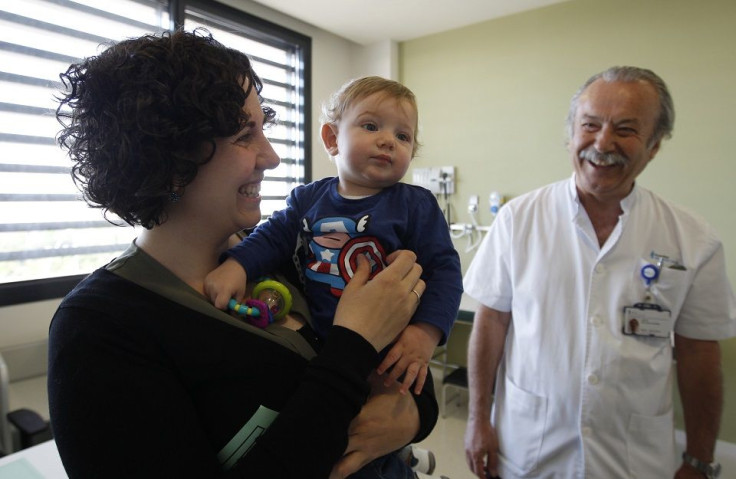New study says ovaries capable of growing new eggs

The belief that a woman is born with a fixed number of eggs appears to have been broken by a discovery by scientists at the University of Edinburgh. A study wherein cancer patients were given ABVD, a chemotherapy drug, discovered the women had a larger density of eggs compared to women of the same age.
The ability to grow new eggs was a side effect of the medication, says Evelyn Telfer, head researcher of the study conducted by the university. “This was something remarkable and completely unexpected for us. The tissue appeared to have formed new eggs. The dogma is that the human ovary has a fixed population of eggs and that no new eggs form throughout life,” she explains.
The study’s objective was to assess why ABVD does not cause fertility problems, unlike other forms of chemotherapy. But despite the promising results, Telfer cautions fertility clinics from being eager to offer novel treatments before the basic science behind the egg growth is understood well, The Guardian reports.
Telfer points out that there is so much that science does not know about the ovary. “We have to be very cautious about jumping to clinical applications,” she adds.
Kenny Rodriguez-Wallberg, senior consultant at the Karolinska University Hospital in Stockholm believes that the study’s findings and identification of mechanisms involved could open the door to the development of new fertility treatments or extend the reproductive years of women by replenishing the ovaries with new follicles.
However, David Albertini, laboratory director at the Center for Human Reproduction in New York, says there are too many other ways to explain the results. One is new eggs were made, another is the eggs were already there and rose to the surface due to the ovary stressed by the treatment. Another is the egg follicles split into two. “The results should be seen as a curiosity rather than a discovery until replicated and investigated further,” Albertini says.
The study had 10 women with no health issues and 11 women with Hodgkin lymphoma on whom the researchers performed ovarian biopsies.
Telfer presented the study at the European Society of Human Reproduction and Embryology conference in July. She would likely conduct more studies on the role of ABVD on women’s ovaries, Inquistr reports.
VIDEO: How Many Eggs can a Woman Produce?
Source: La Jolla IVF





















